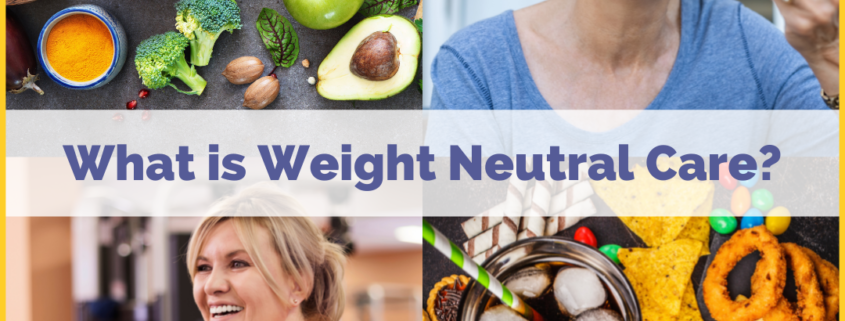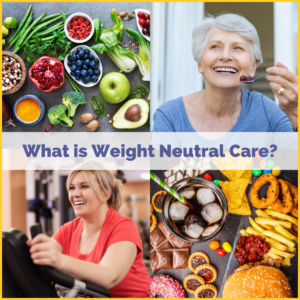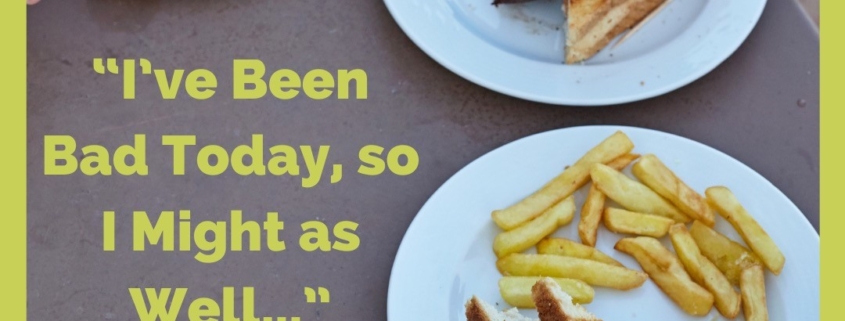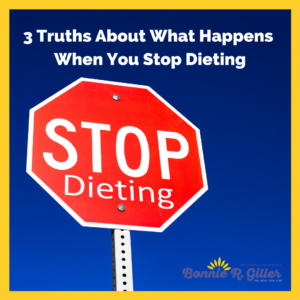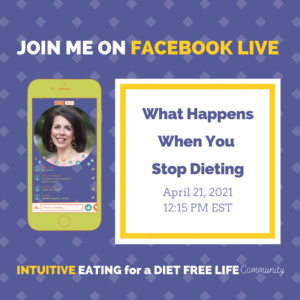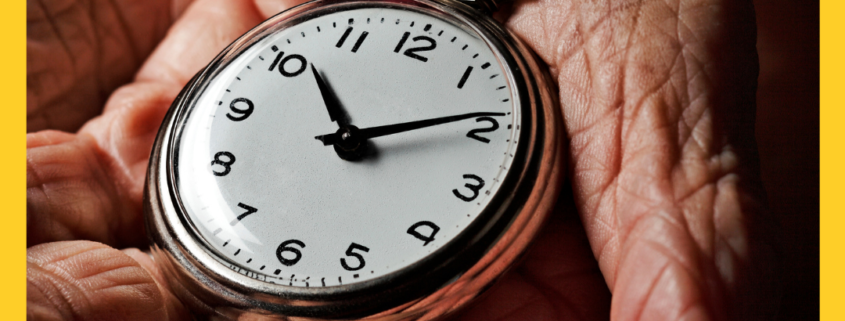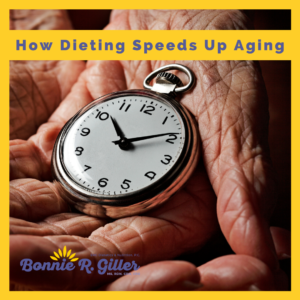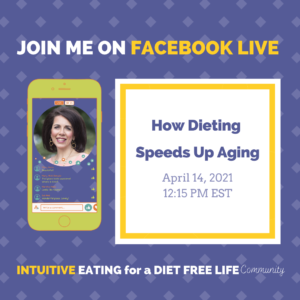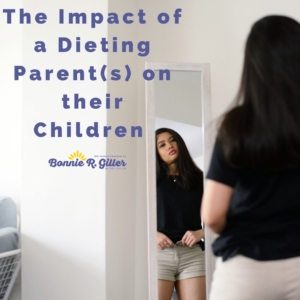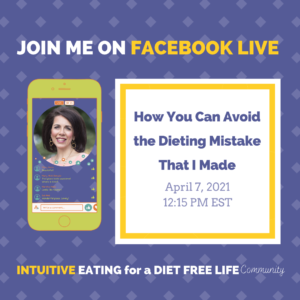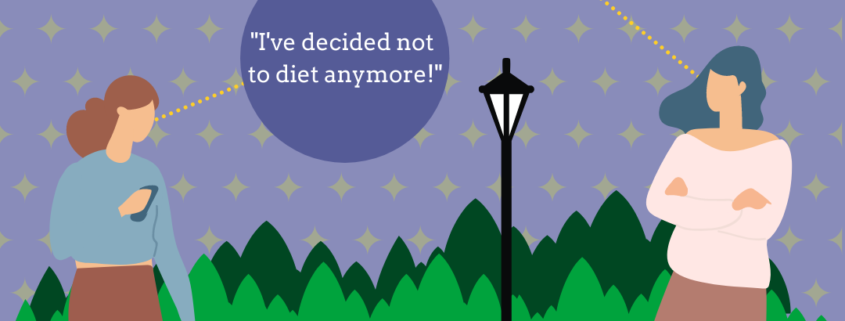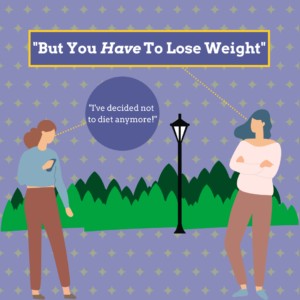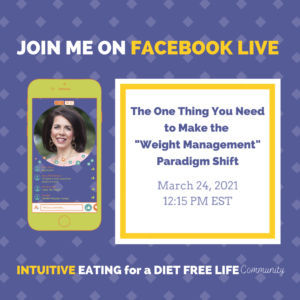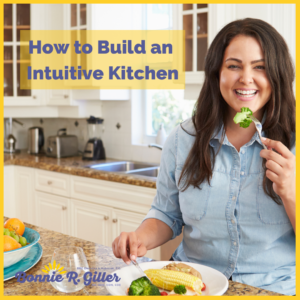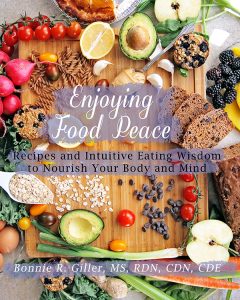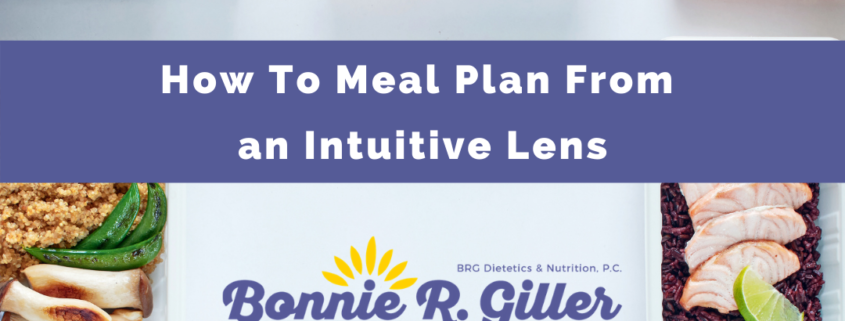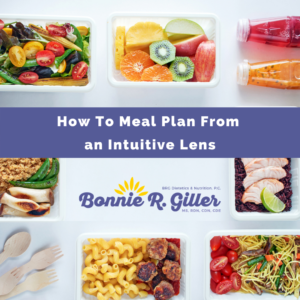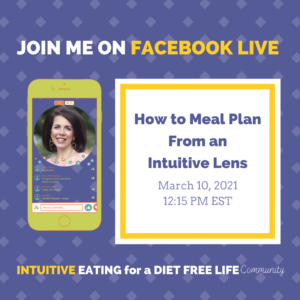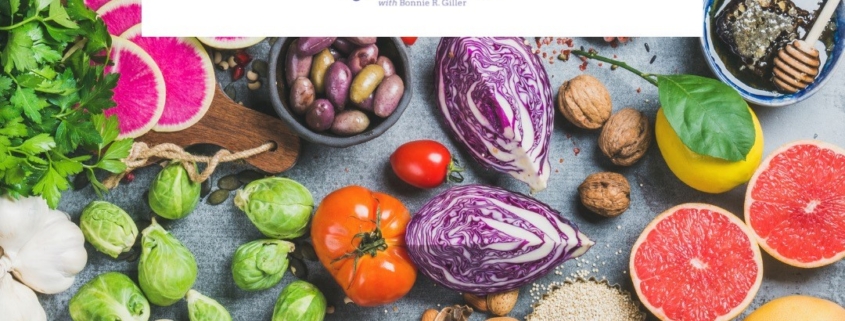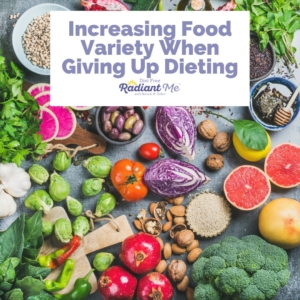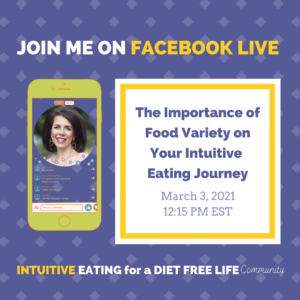How to Eat Intuitively While Traveling
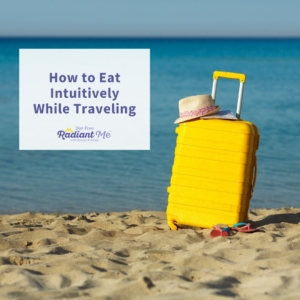 I don’t know about you…but I am ready to go on vacation! Like most people, I haven’t traveled since the pandemic hit! While I know there are some people who’ve resumed their vacation travels, I haven’t been ready – until NOW!
I don’t know about you…but I am ready to go on vacation! Like most people, I haven’t traveled since the pandemic hit! While I know there are some people who’ve resumed their vacation travels, I haven’t been ready – until NOW!
I am itching to get away! And many of my clients are as well! With traveling opening again and vacationing returning to normal, eating intuitively while on vacation is a thought lingering in many of my client’s minds. And it may be on your mind too.
For many people, this may seem like an impossible task, especially if you’re a dieter or working on breaking free of dieting.
Typically, a vacation or traveling usually means “a break” from the routines of your regular life.
A break from your routine can mean—indulging in foods you don’t normally eat, experiencing new foods, and being spontaneous and flexible with your eating.
This “lack of routine”, especially for those just beginning their Intuitive Eating journey, can bring up a lot of difficult emotions surrounding eating, making food decisions, and being in a new, unfamiliar environment while vacationing. These emotions include shame, fear, guilt, and anxiety, and loads of “what if’s”.
What If…
There is often a lot of food fear and food worry when it comes to going on vacation, wondering if there will be food you can eat. The “what if’s” can fill your head leaving you anxious about the vacation that you really want to be looking forward to.
- What if I go overboard?
- What if they don’t have “healthy” foods for me to eat?
- What if I can’t control myself?
- What if my body lets me down?
- What if I stop hearing my hunger/fullness signals?
To help combat some of these negative emotions and overwhelming “what if’s”, here are 4 KEY POINTS to keep in mind:
1.Eating is eating no matter where you are.
Many people glorify and place unnecessary pressures on eating and making food choices while traveling. However, nothing has to change or look different from a usual day of eating. Eating can still be “normal” even while vacationing. This is a powerful mindset shift that will help take the pressure off eating while vacationing.
Think about it—if you are currently eating without rules and restriction, honoring your hunger and eating until satisfied… why should your eating look any different while you are traveling?
2.Intuitive Eating is not only about honoring your hunger and fullness.
Traveling opens the door to a whole host of great experiences. From trying new foods to learning about a new culture or cuisine—the experiences are endless, and you shouldn’t be denying yourself from having these experiences. Although it’s important to honor your hunger and fullness signals, there are times in which this shouldn’t be the only thing you’re focused on.
For example, while vacationing there may be a time you get the opportunity to try a new food that is incredible, and you notice that you ate past comfortable fullness. Or, while engaging in a fun activity, time gets away from you and you suddenly realize you’re way hungrier than feels comfortable.
In both scenarios, these are temporary moments of discomfort—they don’t last forever and it is absolutely OKAY! Avoid hyper focusing on those moments. Fixating on those moments (like beating yourself up, restricting, etc.) will cause you to miss out on experiences you may not get to experience again.
Remember, there is no perfection in Intuitive Eating!
3.Focus on satisfaction.
An important part of Intuitive Eating is the feeling of satisfaction. Intuitive Eating allows you to give yourself permission to eat what sounds and feels good for you without any conditions attached to it—and believe it or not, this permission is still present while vacationing!
Don’t be “conditional” with your permission. Eat what sounds good to you, allow yourself to eat everything on your plate or leave some behind, eat when others aren’t but you feel the need to, and say no when something doesn’t appeal to you.
You are in charge!
4.Remember compensating is not necessary.
There is no need to threaten yourself with an intense workout regimen or a “cleanse”, or “detox” while traveling or vacationing. Movement is great but if the intention is to “punish yourself” for eating a little out of “routine” or because you ate until a little bit overfull- I think it’s best if you hit the brakes to remind yourself that those are old dieting behaviors, and you don’t need them anymore!
You got this! Happy travels!!


